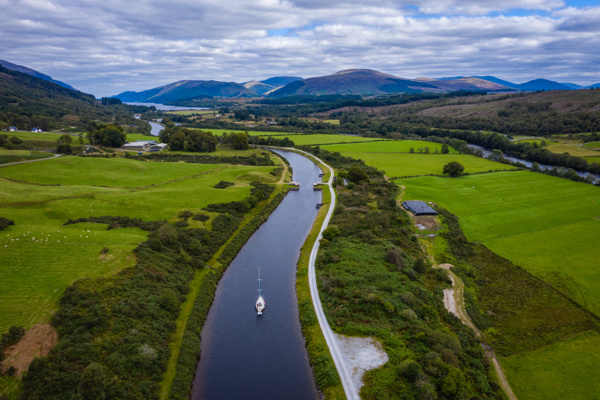
In one sense, it feels like a missed opportunity. Yes, lots of positive commitments have been made, not least the pledge to end deforestation by 2030 whilst the agreement between the US and China to boost co-operation around climate change is undoubtedly a step in the right direction.
However, if COP26 is measured against the overarching aim of limiting global warming to 1.5C by 2030, it has undoubtedly fallen short of what is required.
Of course, words are cheap and all that and so history will ultimately judge COP26 by whether it leads to tangible actions and outcomes, beyond the bold rhetoric and heartfelt promises to future generations.
More encouragingly, COP26 has clearly acted as a catalyst for business, public bodies and individual citizens to make their own climate change commitments and that may yet prove to be the most tangible and lasting legacy of the Glasgow summit.
Whilst Governments do need to lead here, none of us can sit on the side-lines and view climate change as someone else's problem.
More than ever before, business has demonstrated a willingness to act and to put the net zero challenge at the heart of its operations and strategic planning. Real life challenges can only be addressed by concrete, real-life actions.
And that may yet prove to be a key legacy of COP26, Glasgow - the recognition that greenwashing just won't wash anymore.


